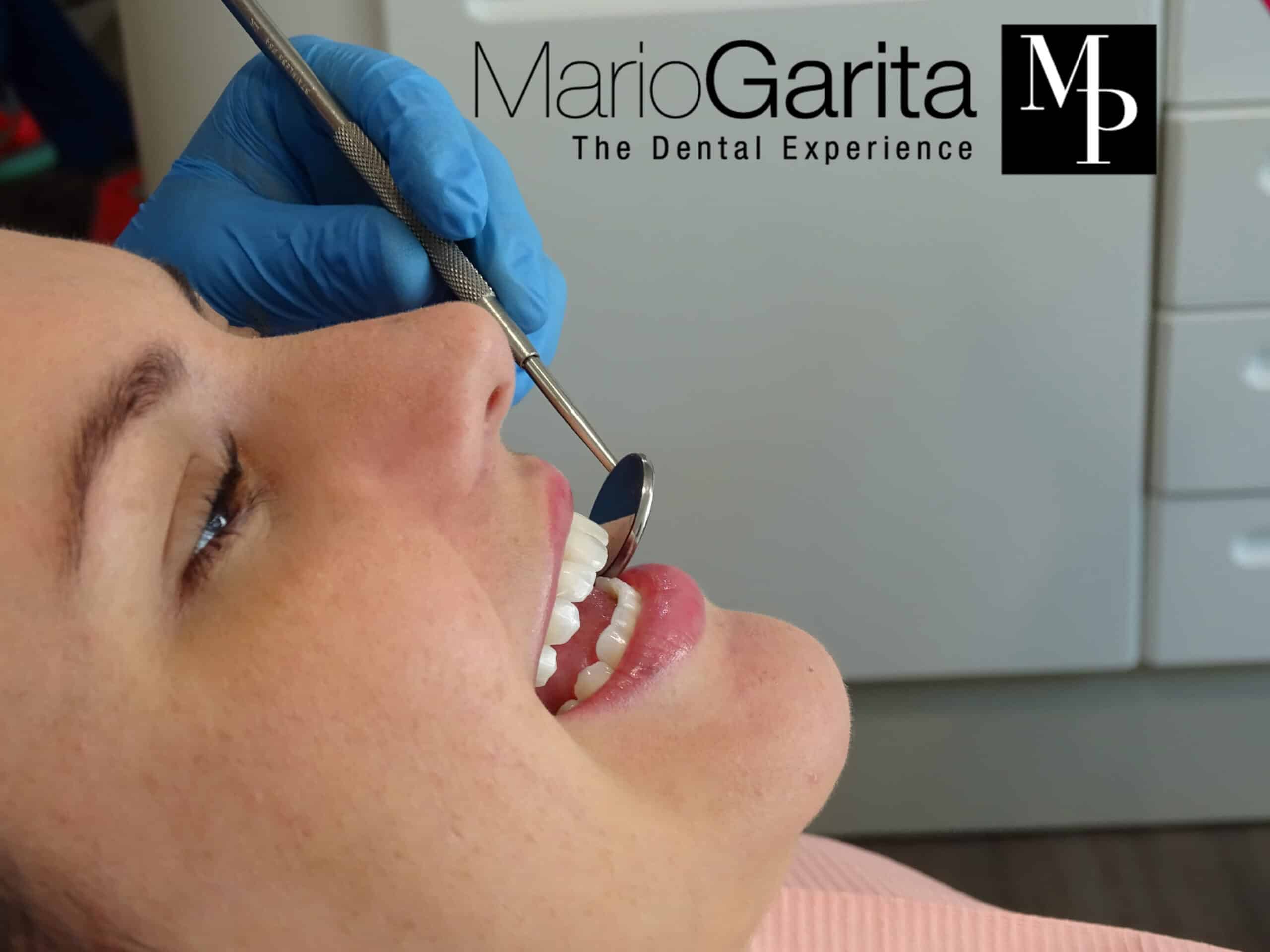Dental Implants before beginning bisphosphonates?
Estimated reading time: 3 minutes
Things to discuss with your dentist and doctor about
- Actonel
- Boniva
- Didronel
- Fosamax
- and others
What you should know
Read the 5 basics that you should know about bisphosphonates
A: To explain how these drugs work, you need a bit of background on how bone cells work. Bone cells are constantly renewing in an ongoing process called bone turnover. Bone as two kinds of cells:
Osteoclasts (that “eat” old bone) and
Osteoblasts (that build up bone layers).
A: Yes, there is a rare but significant side effect. Data: 0.7 people out of 100,000 are at risk for difficulty healing after undergoing dental procedures, such as implants or extractions. In extreme cases, these patients develop osteonecrosis of the jaw.
A: Signs of osteonecrosis include slow-to-heal gum wounds. Such as with extractions, wounds that take six or more weeks to heal, or exposed bone. Initially, osteonecrosis can begin with gum tissue that feels “rough.” Untreated, the site could become infected, with pus or swelling in nearby gum tissue. The condition is often painless until exposed bone becomes infected.
A: The best treatment is prevention. Including antiseptic rinses, systemic antibiotics, and cleaning or removing dead bone. If your dentist at Dr. Mario Garita MP Dental Experience Clinic diagnoses osteonecrosis, she may suggest oral surgery. In general, therapy emphasizes pain management and infection prevention.
A: Because bisphosphonates interfere with osteoclast (old bone removal) effectiveness, your bone density may increase. For bones to heal, the old bone around a dental implant must be removed by osteoclasts before new bone can form. Bisphosphonates can interfere with the body’s removal of old bone, and new growth could be less efficient, hindering healing.
Some key points to remember
- If your doctor recommends bisphosphonates, he has a reason. However, it pays to be sure there aren’t alternatives.
- Before beginning the medication, talk with your dentist. The team at Mario Garita MP Dental Experience is available to answer any questions you might have. A thorough oral health review will uncover any needed treatment that requires extractions, implants, or oral surgery.
- If you’ve been taking bisphosphonates and want to proceed with dental implants, you, your doctor, and your dental team here are Mario Garita MP Dental Experience Clinic can discuss discontinuing the bisphosphonate medication for a time before and after surgery to promote healing.
- Good oral hygiene practices are vital while you’re on a bisphosphonate medication, as is regular dental cleaning.
If your doctor has recommended you take bisphosphonates, consider delaying the medication until any extractions, implants, or any other oral surgery has been completed.
If you are currently using bisphosphonates, dental implants are still an option.
Give us a call to make an appointment at Mario Garita MP Dental Experience clinic so that we can evaluate your current condition. We can also perform minimally invasive procedures to reduce the risks. Reach out today to learn more.


